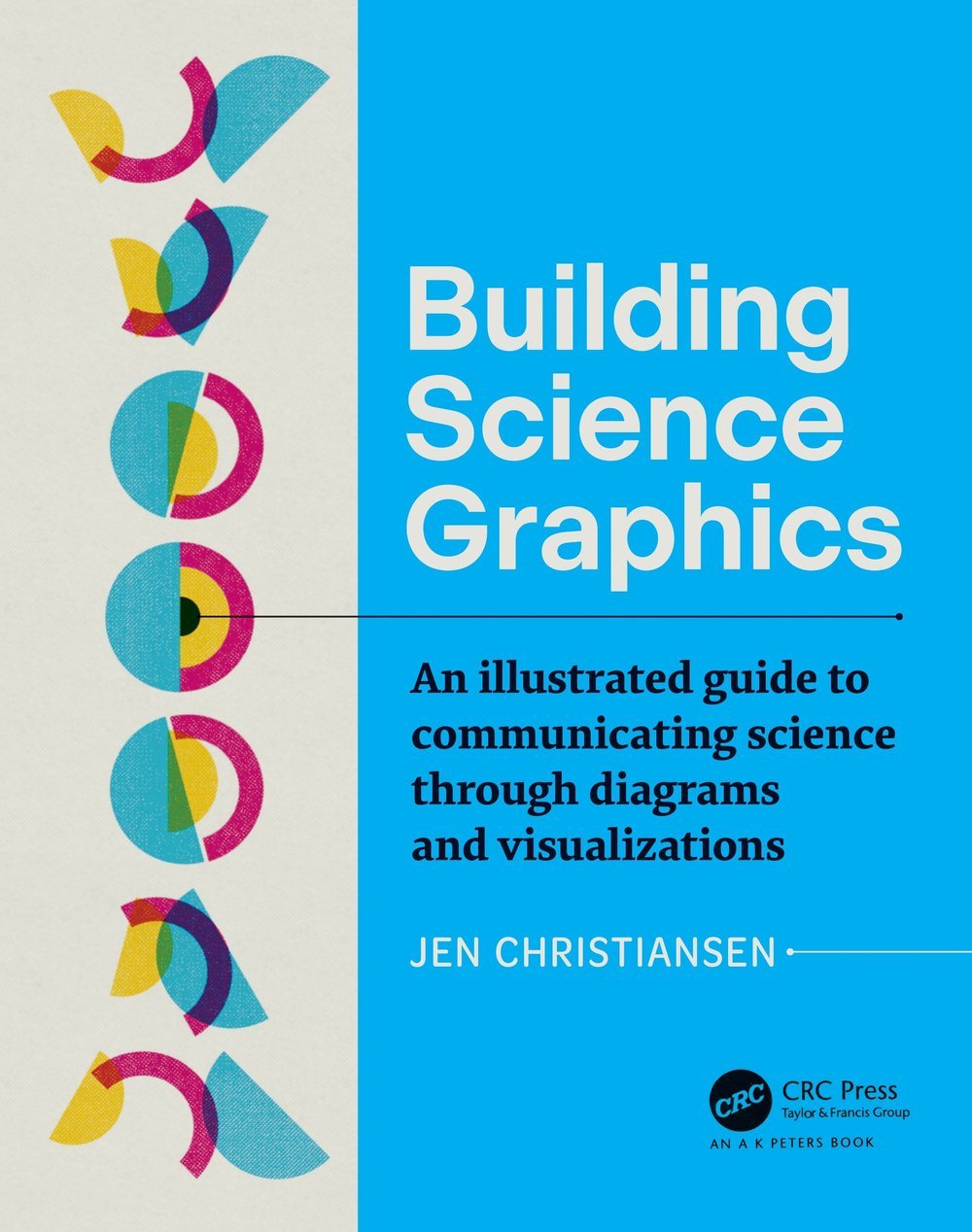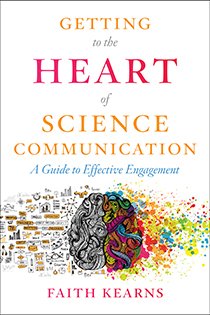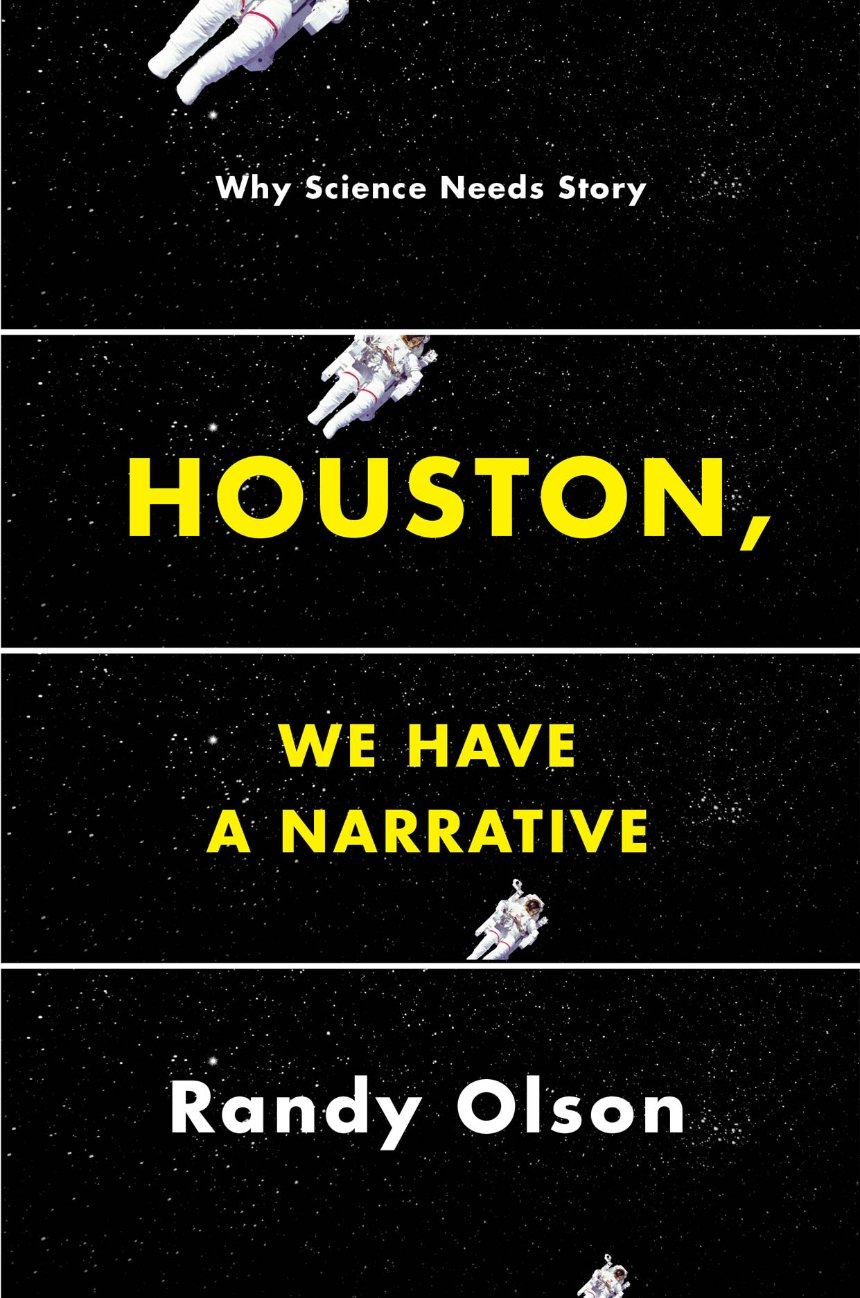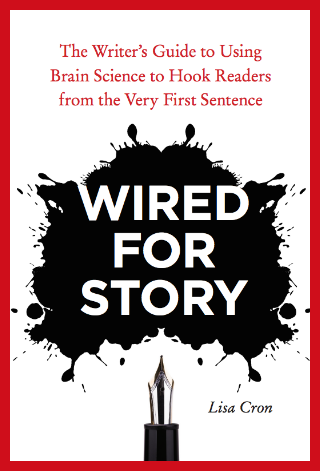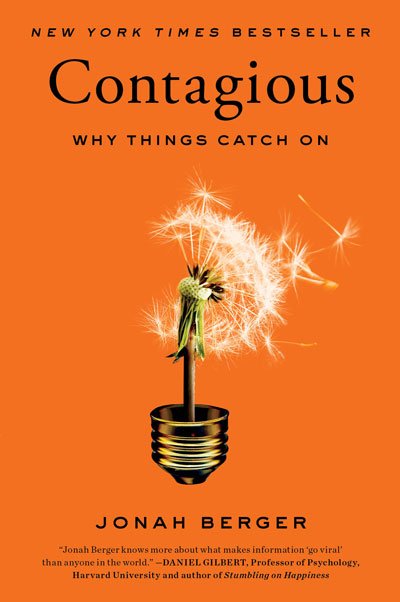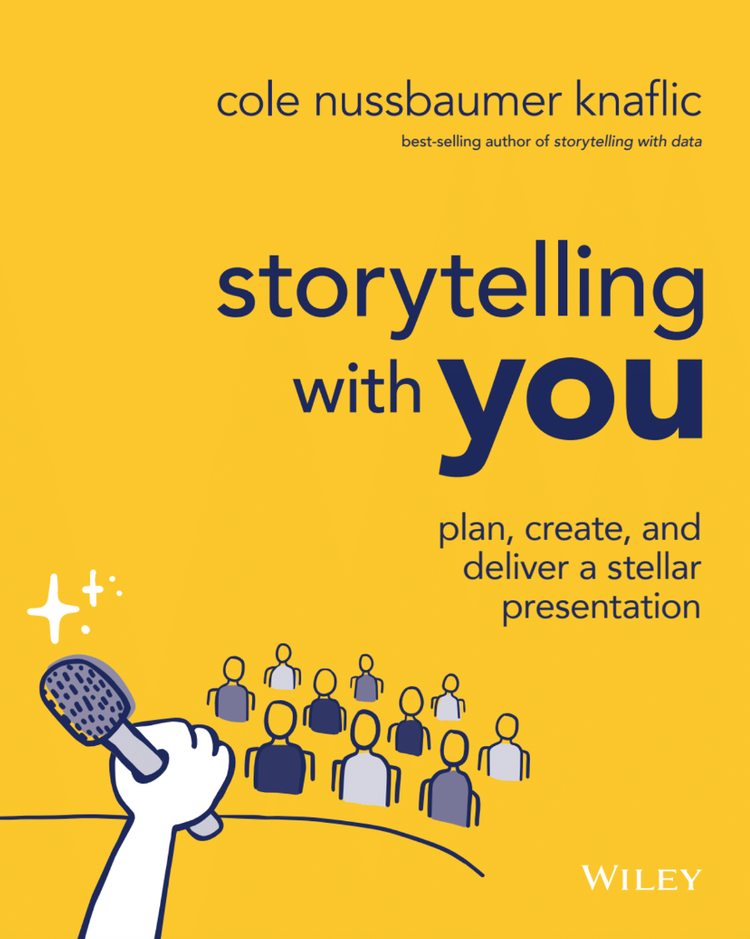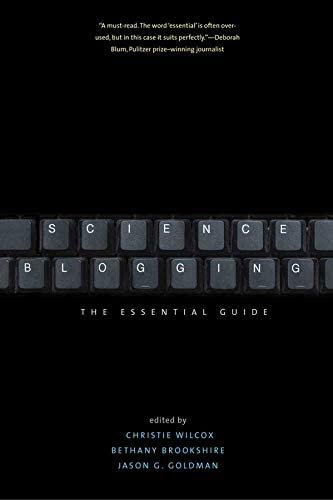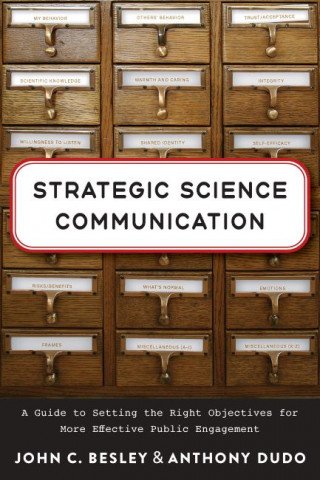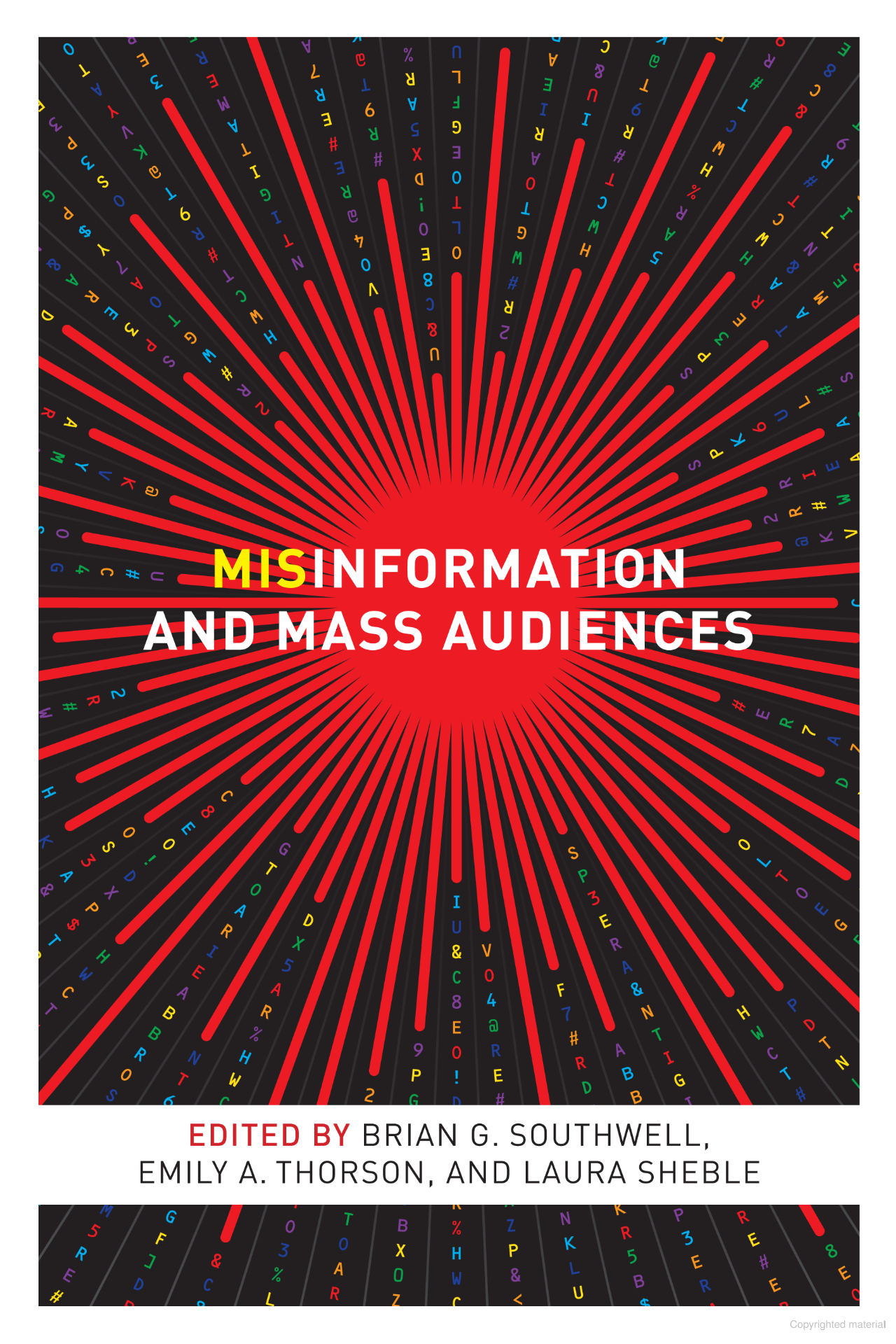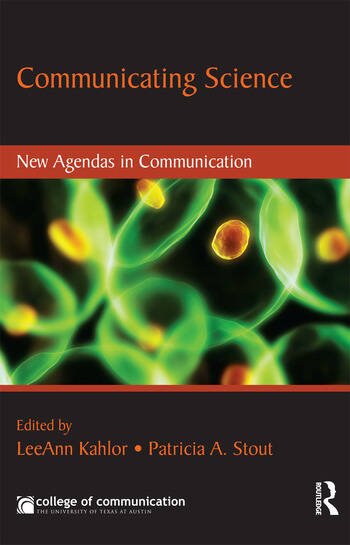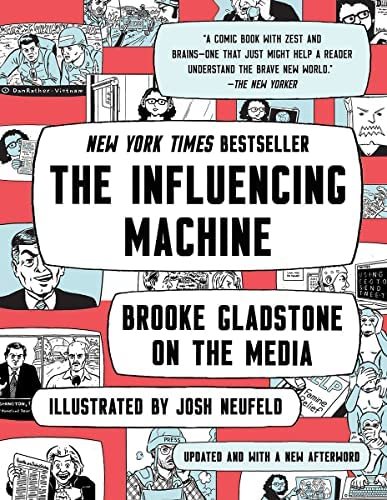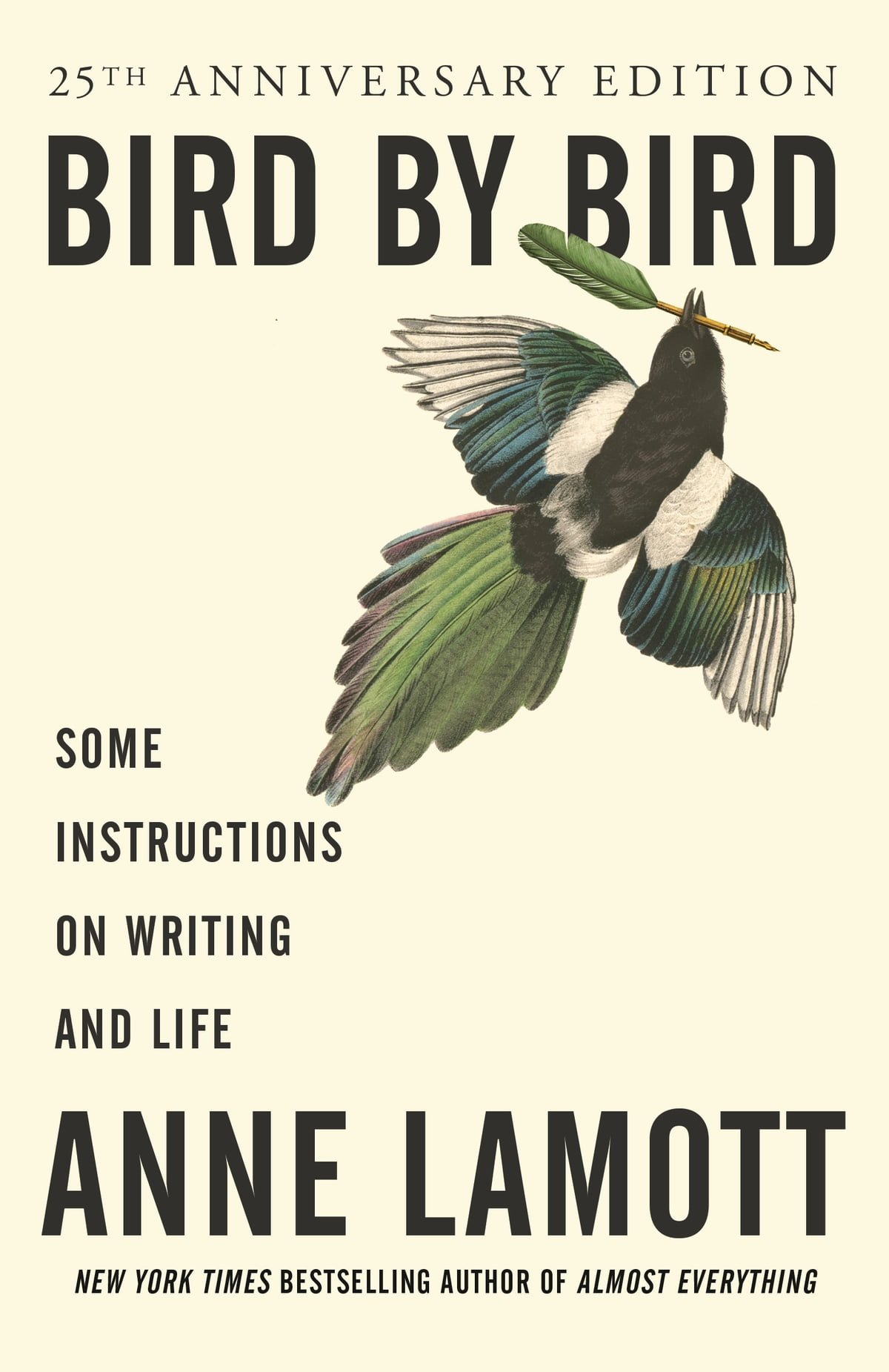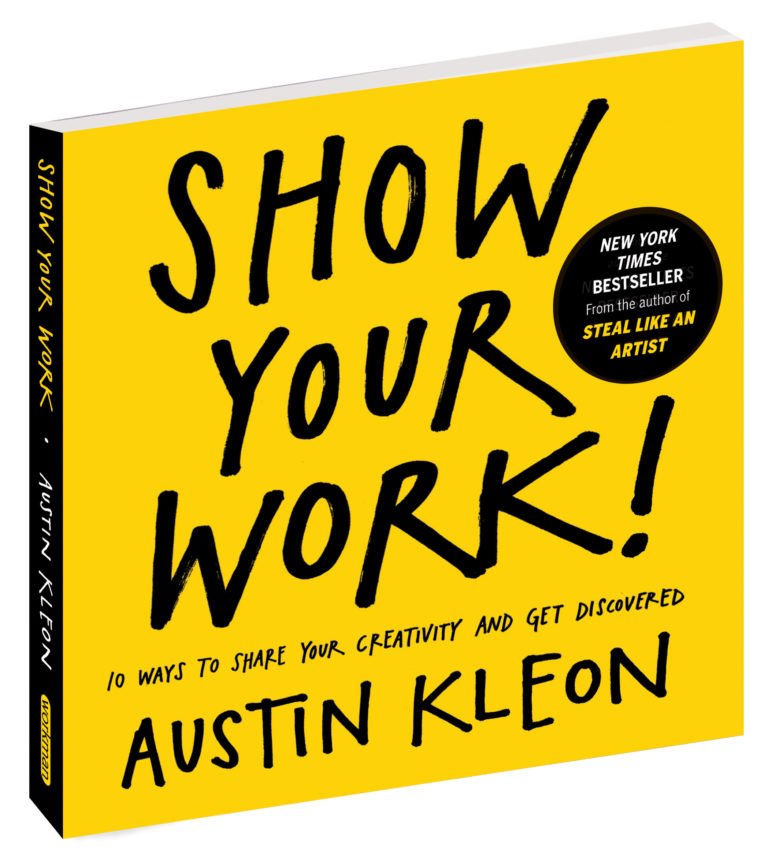Help! I need science communication training, advice and resources
Image by Abrian Curington
Are you a scientist who is trying to make a career switch into science communication? Or a communication practitioner wanting to learn more about how to effectively communicate science and health information?
In looking for best practices in communicating science, what resources do you turn to? Below I’ve curated a list of resources I’ve personally found helpful, that I’ve helped to create, or that others have recommended!
-
There are a number of conferences where you can learn about science communication or learn from SciComm practitioners and researchers!
The AAAS Annual Meeting brings together lots of scientists and communicators, and there are often SciComm workshops to attend.
Science Talk brings together lots of practitioners and often has a virtual component!
AGU Annual Meeting is a great place to meet scientist communicators in various disciplines.
ComSciCon offers a series of workshops for graduate students wanting to learn science communication.
SciPEP offers resources and events for scientists wanting to engage the public in basic science.
If you want to connect with science communication researchers, AEJMC, COMSHER division, is a must-attend.
Here is a longer list of science communication conferences for 2022.
-
National Association of Science Writers (NASW) has a conference, awards and grants programs, a member area and a discussion list / listserv. You can also find jobs here.
Council for the Advancement of Science Writing (CASW) features events, awards and fellowships, and training programs and workshops.
If you are a health communicator, the Institute for Healthcare Advancement (IHA) and their discussion forum are very active communities for sharing and learning health literacy and communication best practices! They also have health literacy training.
AAAS (see their Communication Toolkit!)
International Communication Association has interest groups in science communication, focused on research in the field.
The Guild of Natural Science Illustrators has a guidebook for scientific illustration, a member network, conferences and more!
-
There are a number of training programs for science and health communication, as well as formal degree programs.
Free training programs include the Lifeology University SciComm Program of visual courses. Animate Your Science and WFSJ also have free courses on science communication and science journalism.
The Art of Science Communication online course focuses on how to present science to a non-expert audience in a formal setting.
COMPASS has fantastic strategic science communication and “message box” training for scientists in particular. They also have a member network for trainees.
MSU has a science communication student organization that offers training and workshops.
The Alda Center offers academic training programs.
Melanie Peffer is a great science writer who has a Coursera course on designing effective science communication.
SCOPE at Northwestern has a training program you can now sign up for.
See more formal degree programs in science communication here. Check to see if your university offers science communication workshops!
-
Here are some well-reviewed web resources for science communication!
The Link by the Alda Center
SciCommBites, featuring blog posts that break down papers in the science communication research field!
Planet SciComm podcast featuring science communicators I admire!
Hindawi has a “Comprehensive Guide to Science Communication” that I’ve contributed to. You can download it as a PDF.
Lifeology blog has some great interviews with science communicators and scicomm job tips that I wrote.
The NASEM has a collection of science communication e-books and study reports.
The Network for Public Communication of Science and Technology (PCST) has webinars, forums and an active discussion list for science communicators.
The PLOS SciComm blog is a great resource.
The Open Notebook provides many articles and resources to help science, environmental and health journalists. They also offer master classes and workshops - which seem to sell out quickly!
The Conversation often features articles about science communication research and advice from experts.
The Center for Advancement of Informal Science Education (CAISE) has a resource center with toolkits and more for broadening participation.
-
I think sometimes you can learn more just by talking and interacting with other science communicators and researchers than anywhere else!
Here is a blog post I helped put together that lists various SciComm community spaces online. There are great communities of science communicators on nearly every social network, with many doing awesome things on Instagram and TikTok! Just look for #scicomm hashtags.
There is a SciComm Network Slack space created by Julia Krolik.
Connect with science artists at the SciArt Initiative and on the Lifeology Slack workspace.
Join the SciComm Trainers Network
Follow Black In Science Communication on Twitter or Instagram, or join the Facebook group.
-
There are many journals featuring science communication research, including Science Communication and Public Understanding of Science. Unfortunately, many are closed access. But here are some open access journals!
Books!
These are some of my favorite books (or ones I’ve contributed to) for science communication research and practice.
Do you have a resource you want to share that I haven’t listed here?
Submit it via this form, and I will curate the resources for another post!
Did you appreciate this post? Support me on “Buy Me a Coffee”! I’m also offering SciComm coaching and advice sessions there, discounted for members (at just $2 per month),


